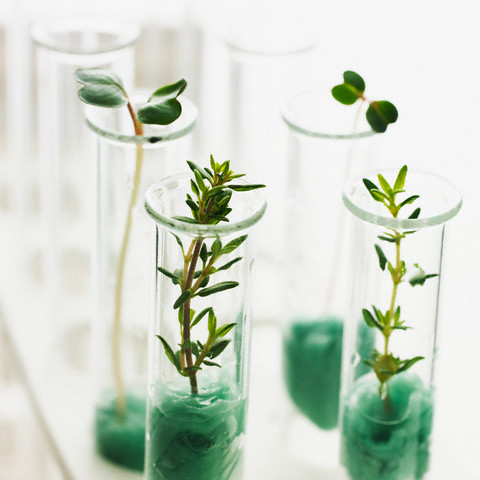International Journal of Pure & Applied Bioscience (IJPAB)
Year : 2017, Volume : 5, Issue : 4
First page : (381) Last page : (394)
Article doi: http://dx.doi.org/10.18782/2320-7051.2760
Impact of Climate Change on Global Food Security- Challenges, Adaptation Measures and Mitigating Strategies
Mohinder Singh*, Nidhi Sharma, N. K. Tiwari and Naveen Kumar
*Assistant Professor, Faculty of Agricultural Sciences, SGT University, Gurgoan
*Corresponding Author E-mail: mohinder27481@gmail.com
Received: 27.03.2017 | Revised: 9.04.2017 | Accepted: 10.04.2017
ABSTRACT
Today’s major global concern is the impact of climate change on land and water resources. Interference of anthropogenic activities with nature has seriously threatened the ecological balance and climate change. The global agricultural community is scared of catastrophic adverse effects that can take place in future due to climatic changes like increased temperature, deglaciation, sea level changes, atmospheric dynamics including evaporation and precipitation, global radiation balance on photosynthesis, ecological productivity, plant and animal community and many more. This review article focuses the challenges related to sustainability of food production as well as agricultural diversification faced by farming community. Following this, the paper highlights some of the technological and institutional (ICAR-IARI) innovations that have been developed to address such challenges. It also targets how climatic changes affect the food productivity, food security, yield gap and sustainable agriculture by exploiting modern techniques and methods. The transformation of the agriculture sector in India from the green revolution to 2017 is characterized by major breakthroughs in technological innovations and transformation, significant changes in diet, urbanization, globalization and enhancement in income. Serious challenges in agriculture caused by climate change offer opportunities to devise the diverse range of land management strategies having positive adaptation and mitigation synergies. It is recognized that agriculture and forestry offer significant cost-effective mitigation options, since many management techniques, are required to strengthen production systems, sequester carbon either above or below ground and reduce direct greenhouse gas emissions. These new trends will shape domestic and international policies, trading patterns, resource use, regional planning and the welfare of rural people especially in developing countries. Current crop research related strategies may respond positively to elevated CO2, impact of elevated temperature, altered precipitation patterns, and increased frequency of extreme events such as floods and drought, will likely combine to depress yields and increase production risks in many regions, thus widening the gap between rich and poor countries7,10,11. Predominance of agricultural sector in their economies scarcity of capital for adaptation measures and their heightened exposure to extreme events make developing countries more vulnerable to climate change than developed countries (where about 800–1000 million people are currently undernourished).
Key words: Resource, Climate Change, Resources, Global Agricultural Community.
Full Text : PDF; Journal doi : http://dx.doi.org/10.18782
Cite this article: Singh, M., Sharma, N., Tiwari, N.K. and Kumar, N., Impact of Climate Change on Global Food Security- Challenges, Adaptation Measures and Mitigating Strategies, Int. J. Pure App. Biosci.5(4): 381-394 (2017). doi: http://dx.doi.org/10.18782/2320-7051.2760





